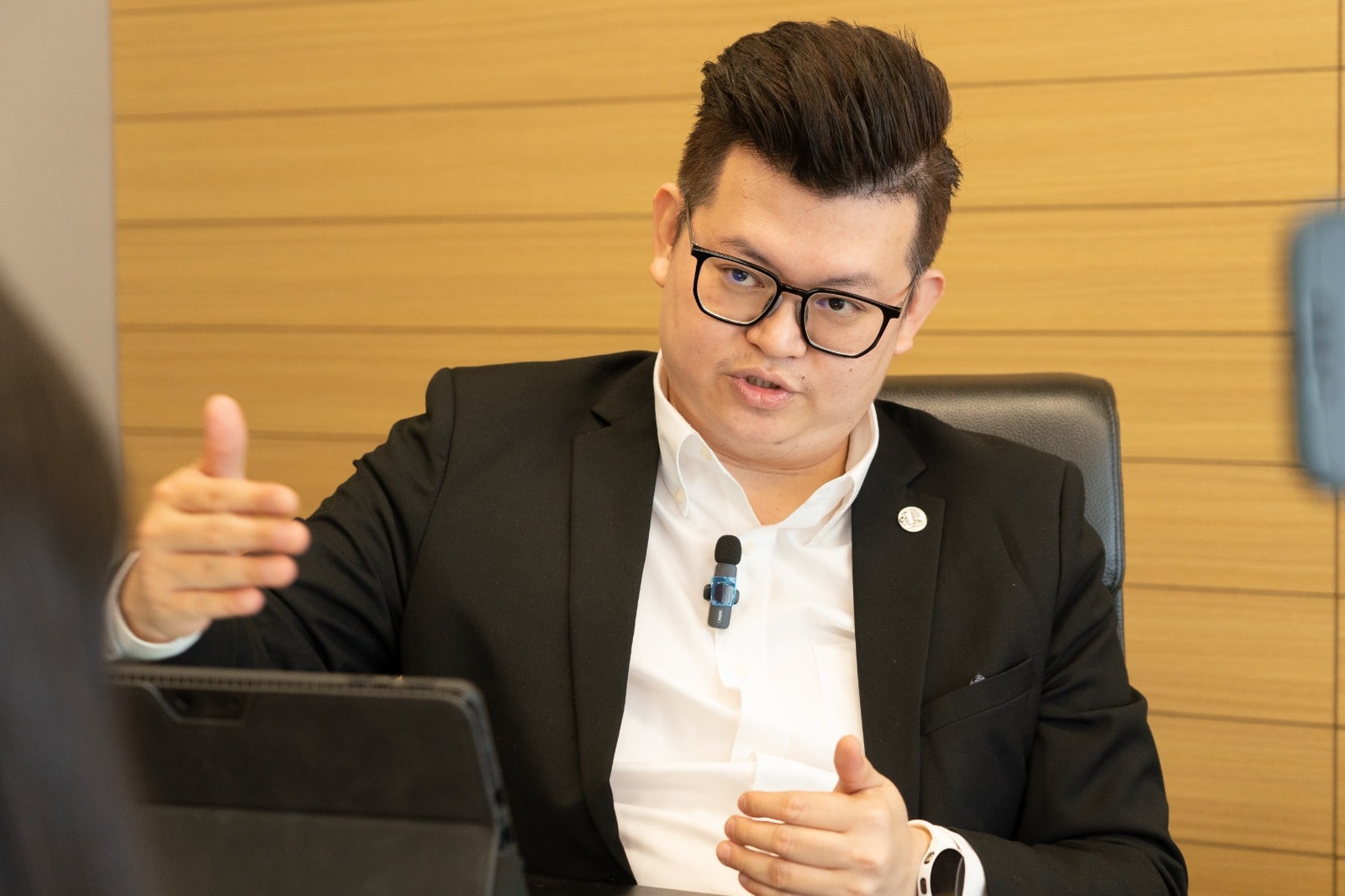KUCHING, Sept 11 – The health minister’s special advisor, Dr Kelvin Yii, has declared his support for social health insurance to make health care financing more sustainable in Malaysia.
At the Sarawak Health Summit 2023 here last Saturday, Dr Yii said Malaysia’s tax-based public health care system has served at “tremendous capacity” since the formation of the country and has been a role model in the world.
“But we’ve reached a cap where I don’t think it’s sustainable and I don’t think we can move on without jeopardising or compromising quality of care. So now, big decisions have to be made,” Dr Yii told the Sarawak Health Summit that was organised by the Sarawak CSO-SDG Alliance and supported by the Galen Centre for Health and Social Policy.
The Bandar Kuching MP pointed out that in the current public health care financing system, which is primarily funded from general taxation revenue, higher investments into health care from the federal government’s annual budgets would mean cuts elsewhere.
“So where do those cuts come from?”
He said the Ministry of Health (MOH) is currently exploring different models of social health insurance, such as in Singapore, South Korea, Taiwan, and Thailand.
The special advisor to Health Minister Dr Zaliha Mustafa said he did not believe in raising the RM1 fee for outpatient care in MOH facilities, noting that increasing it to RM5, for example, would likely not make a difference.
“But I stand here and I can declare my interest – I believe in social health insurance,” Dr Yii said.
“I believe we need to move towards that, but how can we sell it to the mass public in Malaysia, where their mindset is ‘everything is free, the government should provide’?”
When CodeBlue asked Dr Yii at the Sarawak Health Summit what social health insurance contribution rates the MOH was considering for employees, he said coverage and payments were still under discussion and research.
“But the principle of it is to get different people’s contributions to health itself, and you’re right to say – employers, Socso (Social Security Organisation), EPF (Employees’ Provident Fund).
“Or maybe to a certain extent – don’t write and say the government is going to impose this – how can the population contribute some sum, however minimal – RM5 or RM10 – to their health care insurance, because it’s somewhat of a commitment.”
Dr Yii also stressed that social health insurance was not akin to privatisation of health care.
“We’ll still provide free or even universal health care, especially to the poor, but we have to find ways on how to get different payors involved – whether it’s employers, organisations – to help the M40 and beyond.
“Eventually, once we help the poor, they should be able to contribute a minimal sum as a commitment to their health care.”
It was not immediately clear if the MOH is looking at introducing social health insurance only for the middle class and the rich as a start – including contributions from employees in these income groups – as these people are more likely to already be paying for their own private health insurance.
A total exclusion of contributions from a significant proportion of the Malaysian population – like the bottom 40 per cent or 60 per cent of income earners – may also mean insufficient funds for a new social health insurance scheme and, thus, insufficient coverage overall.
In Singapore’s social health insurance system, MediShield Life coverage is mandatory for Singapore citizens and permanent residents.
“With every Singapore resident collectively supporting our health care costs by paying premiums and pooling our health care risks under MediShield Life, we can keep annual premiums affordable to support payouts for those of us who incur unexpectedly large hospital bills,” states the FAQ by the Central Provident Fund Board that administers Medishield Life.
Singapore’s MOH states that the government provides various subsidies for certain groups, including the lower-to-middle income, to keep premiums affordable, promising that “no one will lose MediShield Life coverage due to inability to afford premiums.”
Dr Yii also stressed at the Sarawak Health Summit that reforming Malaysia’s health care system was not the sole responsibility of the MOH.
“Health has to be in every single policy,” he said, citing, for example, the People’s Income Initiative (IPR) vending machine initiative introduced by Economy Minister Rafizi Ramli for low-income earners to generate income.
“It’s a very good idea. But there should be some input on health – the quality of food in the vending machines and whether there is good food safety.”
CodeBlue reported last May concerns by an MOH health inspector about potential food safety and hygiene issues with IPR vending machines, citing problems like the lack of food expiration labels on products, the excessively warm operating temperature of the vending machines, and inappropriate packaging of the food products.








